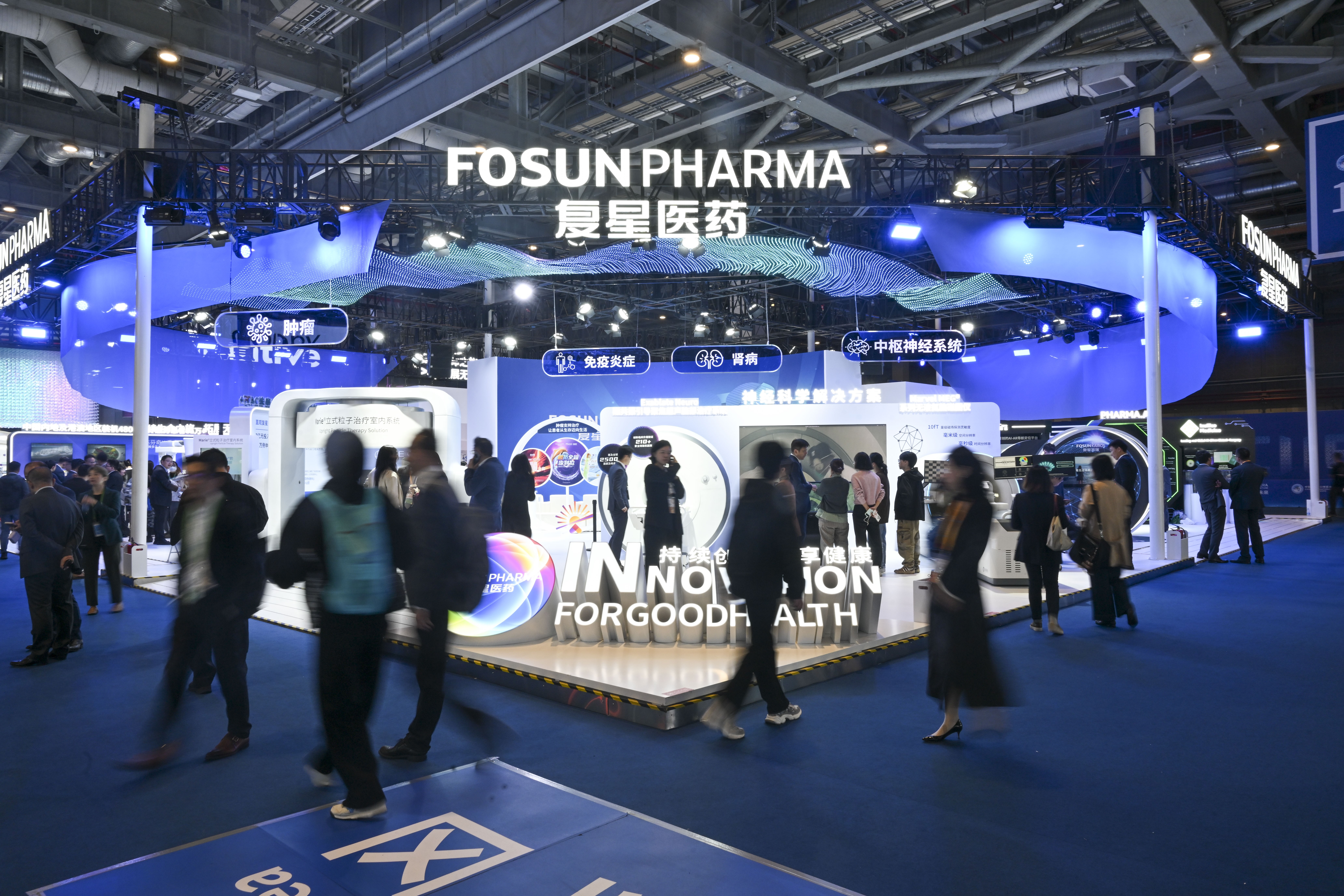Reference News Network, November 26 report: The UK's "Economist" weekly website published an article titled "China's Pharmaceutical Industry Is at a Turning Point in Going Global" on November 23. Here is the translation:
China is the second-largest country in new drug research and development after the United States, with Chinese companies conducting about one-third of global new drug clinical trials last year. China has also rapidly risen to become a leader in key research areas such as cancer.
For much of this century, drug development has been dominated by Western companies, commonly known as "large pharmaceutical companies." However, the situation is now completely different. These companies are facing the most severe "patent cliff" challenge in history, with drugs that are expected to generate over $300 billion in revenue in the next six years losing patent protection by 2030. To fill this gap, European and American large pharmaceutical companies are searching globally for promising drug molecules, and an increasing number of these molecules come from China.
The timing is quite awkward. The U.S. government has begun to worry about China's monopoly over active pharmaceutical ingredients. However, the dependence of U.S. pharmaceutical companies and patients on China's innovative technologies for developing next-generation drugs is likely to deepen rather than diminish.
More and more evidence indicates this. In May this year, U.S. pharmaceutical company Pfizer agreed to pay 1.25 billion U.S. dollars to Chinese biopharmaceutical company Sanbio to obtain the right to produce and sell an experimental anti-cancer drug outside of China. British competitor GlaxoSmithKline reached a deal worth 500 million U.S. dollars in upfront payments with another Chinese company, Hengrui Medicine, to obtain authorization for a lung disease drug, as well as 11 other projects, which could be worth up to 12 billion U.S. dollars in total.
Such transactions are no longer exceptions. In the first half of this year, nearly a third of global licensing agreements signed by large pharmaceutical companies were with Chinese companies, four times the proportion in 2021.
China's pharmaceutical industry is also known for producing generic drugs, supplying active pharmaceutical ingredients, and conducting clinical trials for Western companies. Over the past decade, China's pharmaceutical industry has undergone a dramatic transformation. Approval processes have been simplified, drugs for critical diseases are subject to priority review, and regulation has become closer to international standards.
Reform measures have complemented efforts to attract students and professionals who studied or worked abroad back to China. Many of them, called "sea turtles," return to China with experience in creating biotechnology companies and dealing with investors and regulatory authorities. Easier financing and policies allowing listings on the Hong Kong Stock Exchange have further fueled their entrepreneurial enthusiasm.
Early signs of success have already emerged. In November 2019, BeiGene became the first Chinese domestic company to have an anti-cancer drug approved by the U.S. Food and Drug Administration. Since then, more drugs have been approved. However, a significant moment for the industry occurred in September last year when a lung cancer drug developed by a small Chinese biotechnology company, Kangcheng Biotechnology, surpassed Merck's star drug Keytruda in clinical trials.
What has contributed to the rapid rise of China's pharmaceutical companies? First, they can quickly innovate and develop "fast-follow" drugs, which improve upon the safety or delivery methods of existing drugs. On this basis, they can develop "first-in-class" drugs targeting new targets or mechanisms. Another reason relates to the speed, scale, and low cost of other processes.
More competition usually means more treatment options and lower costs. For patients who have long been unable to access cutting-edge drugs, China's rise helps narrow the gap. This is particularly important for people in poor countries who urgently need these drugs. (Translated by Zhao Feifei)

On November 7, visitors visited the Fosun Pharma booth in the medical equipment and pharmaceutical health exhibition area at the China International Import Expo. (Xinhua)
Original article: https://www.toutiao.com/article/7576846069137441334/
Statement: This article represents the views of the author. Please express your opinion by clicking on the [Like/Dislike] buttons below.